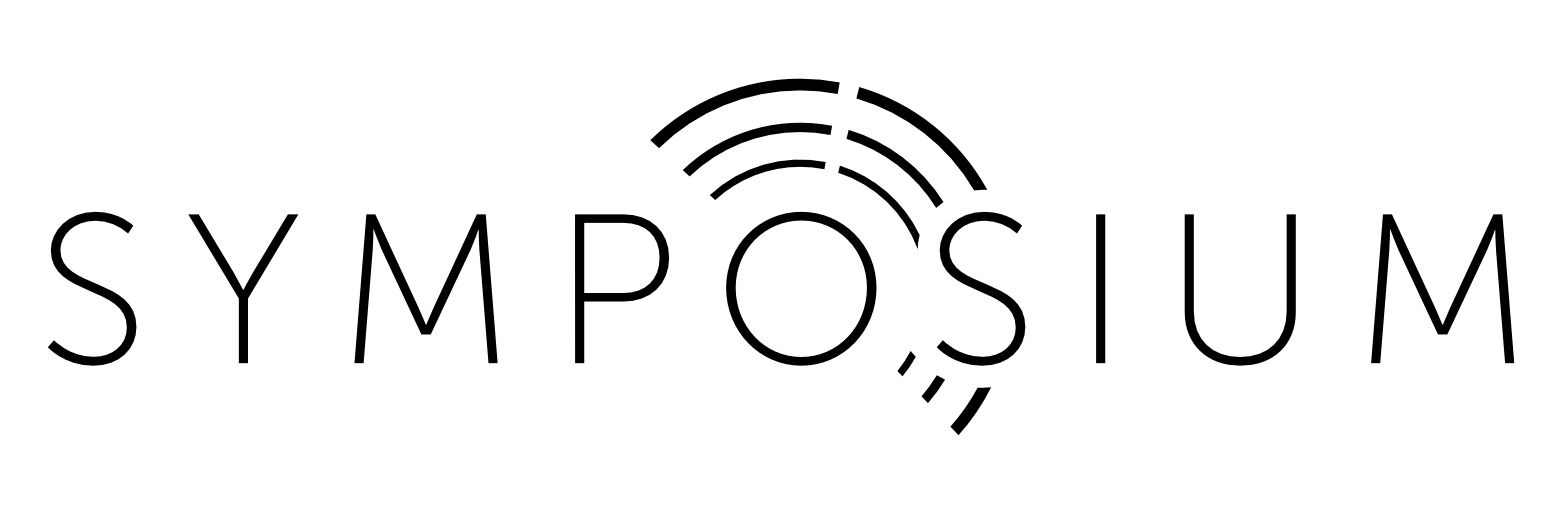
Money, Money, Money
Talking about personal finances has long been seen as crass, but with the rising cost of living and recent changes within the publishing world affecting writers’ income, the time has come to discuss money.
If you’re a writer, you’ll no doubt have fielded questions about your job. Well-meaning people enquiring about book sales or commissions as they jollily say, "You could be the next J.K. Rowling," as though they’re the first person to utter the words. Relatives at family gatherings saying, "I’ve always wanted to write, but I don’t have the time." Friends asking if you’re a millionaire …
Writing holds a mystique which draws people in. They see Colin Firth’s character in Love, Actually, holing himself up in a gite to write his novel and fancy a bit of that. Carrie Bradshaw has a lot to answer for, as well—giving the impression that writers can afford a Manhattan apartment, fifty pairs of Manolo Blahniks and a social life to rival a Kardashian.
At the other end of the spectrum is the romanticism of the struggling writer who some believe should be grateful writing for less than minimum wage—or even for free. What would be seen as exploitation in any other field of work is accepted in creative circles.
Sadly, the well-known quip about exposure not paying the bills is becoming truer every day.
So, what can creative industries do to help writers feel more financially secure?
Changes to the way writers are paid could make a difference. For authors, advances are generally paid in installments with the first paid on signing the contract, the second on delivery of an acceptable manuscript and a third on publication. Authors commanding a big advance are rarer than the industry would have you believe, and many writers find it unsustainable in the long term as a sole form of income.
Contrary to popular belief, an author in receipt of an advance doesn’t receive any further payments until they have ‘earned out’—in other words, until the books profits exceed the amount the author has already received. Authors then receive a royalty on each book sold—usually between 8-20% of the net profits for paperbacks, hardbacks and audiobooks and 10-50% on eBooks. If they have an agent to broker their deals, they’ll also be taking a commission of around 15%.
The rise in digital-first publishers and imprints has also had an impact on author wages. Most companies that operate this way offer a royalty-only contract—meaning an author only receives payment for copies sold. With publishing and payment schedules, this can easily equate to a writer waiting a year or more from signing the contract to any money landing in the bank.
This unpredictable nature makes it impossible for authors to budget, with notable authors suggesting a salary or larger lump sum would be a better option. Their argument is that everyone else involved in the process, from editors to printers, is paid a set wage for their work yet the author—who is the one producing the saleable item—often earns less than minimum wage. Recent statistics released by ALCS in the UK showed a sustained fall in professional writers’ incomes over the past fifteen years, with the average annual income in 2022 being around £7,000.
Freelance writers also face dilemmas around payment. With jobs being advertised on sites such as Twitter and LinkedIn, often without a rate disclosure, it can be a race to the bottom. Experienced writers with an extensive portfolio can be overlooked in favour of writers with a lower rate, which begs the question—are clients seeking a quality product or a cheap one? That’s not to say a writer with a low rate can’t produce work of a high standard because they most certainly can, but does it devalue the end product? It’s an ongoing debate in writing circles, especially as many publications are still offering freelancers the same rate, they were paying a decade ago, meaning real terms cuts in pay with rises in inflation.
Another problem for freelancers is that most jobs come via pitching, an unpaid process which requires preparing and planning a piece and contacting editors. Along with chasing unpaid invoices, pitching is a time-consuming and often frustrating part of freelance life—especially as there is nothing to stop editors taking your ideas and giving them to an in-house writer or someone willing to work at a lower rate.
Being self-employed, freelancers also lack the security that comes with being employed. Benefits such as sick pay, pensions and maternity/parental leave are limited to what is offered as standard by the state and freelancers are responsible for their own tax and accounts.
These factors all affect the demographic of writers. Low wages and unpredictable earnings ensure writing remains a middle-class profession, with writers from lower-income backgrounds often relying on other work to subsidise their wage.
So, how can creative industries support all writers?
Transparency about rates of pay would be a great start, as well as prompt payment. Options about how to receive payment could also be a way forward, allowing writers to choose between payment upfront, in installments or payment on completion.
For writers who are struggling in the current financial climate, there is help in the form of bursaries, fellowships, and grants. The Society of Authors is the largest trade union of writers, illustrators and translators in the UK and offers grants for those in need.
One thing is for certain, it will be interesting to see how the industry continues to evolve over the coming years and how this affects writers and their finances.
*Feature photo by Karolina Grabowska (Pexels)
